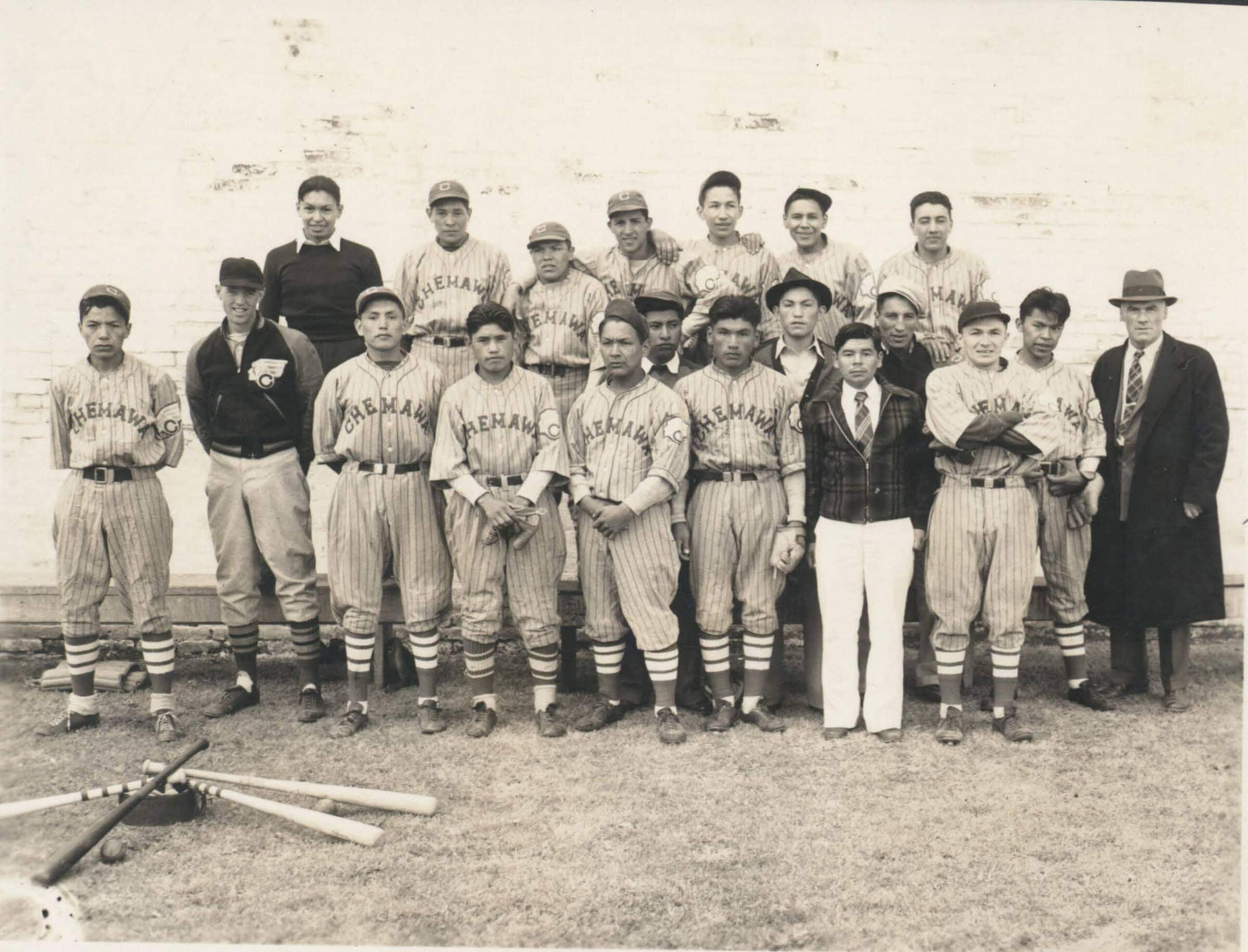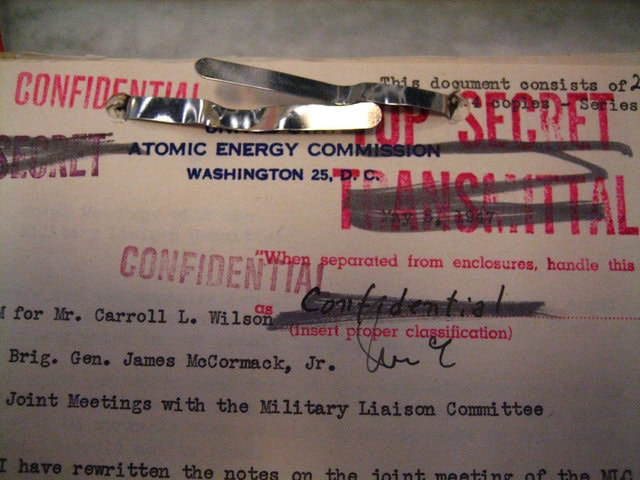In an address to National Archives staff on August 24, John W. Carlin, Archivist of the United States, announced the initiation of a campaign to reshape the National Archives and Records Administration (NARA). Carlin, a former governor of Kansas, became the eighth U.S. Archivist on June 1. In his address Carlin said that NARA could not continue to operate as it had in the past. “Right now we don’t have enough funds to see that government agencies keep the records they should, and we wouldn’t have sufficient funds … to process all those records if they did come to us. We don’t have adequate funds to preserve all the records we already have. And for want of funds, we already have reduced our reference services. Unless millions of dollars magically appear to meet our needs for adequate space, we will continue this downward spiral with less and less to spend on services and employees.”
In discussing NARA’s situation with staff and constituents, Carlin determined (1) that space and facility demands are draining resources from other areas of the budget, (2) that the agency’s current way of operating is not cost-effective, and (3) that NARA needs to make, better use of new technologies. Carlin said NARA must be willing to experiment, to take risks, and to work in new ways.
As a first step, Carlin shared with staff a statement entitled “Strategic Directions for the National Archives and Records Administration.” This statement is intended to be a guidepost for the agency as it moves forward. Carlin explained that NARA’s role is to document the rights of citizens, the actions of federal officials, and the national experience. NARA, he said, is also a public trust upon which our democracy depends; as such, it must be an advocate for openness and accountability in government.
In September Carlin released responses to questions employees submitted to him about the strategic directions, and in October he began a communication initiative that includes a series of small, informal meetings around the country to talk with staff personally about the agency’s future. He will also seek advice from NARA’s customers and stakeholders. In addition, Carlin is assembling a group led by himself and senior management that will develop and implement a plan to transform NARA’s management and to change the culture of the agency. The text of Carlin’s address to the staff can be accessed electronically through the NARA Information Server. The address is http:/www.nara.gov. His vision statement is excerpted below.
Vision
The National Archives is not a dusty hoard of ancient history. It is a public trust on which our democracy depends. It enables people to inspect for themselves the record of what government has done. It enables officials and agencies to review their actions and helps citizens hold them accountable. It ensures continuing access to essential evidence that documents (1) the rights of American citizens, (2) the actions of federal officials, and (3) the national experience. To be effective, we at NARA must do the following: determine what evidence is essential for such documentation; ensure that government creates such evidence; make it easy for users to access that evidence regardless of where it is, where they are, for as long as needed; find technologies, techniques, and partners worldwide that can help improve service and hold down cost; and help staff members continuously expand their capability to make the changes necessary to realize the vision.
Mission
NARA ensures, for the citizen and the public servant, for the president and the Congress and the courts, ready access to essential evidence.
Values
To succeed in our mission, all of us within NARA need to value the following: (1) risk taking: experiment, take chances, try new ways, learn from mistakes, be open to change; (2) communication: propose ideas, dialogue with others, develop trust, and act openly, honestly, and with integrity; (3) commitment: be responsible, accountable, and always willing to learn; and (4) loyalty: support the mission, help fellow workers, proceed as a team, and recognize that our government and our people truly need our service.


